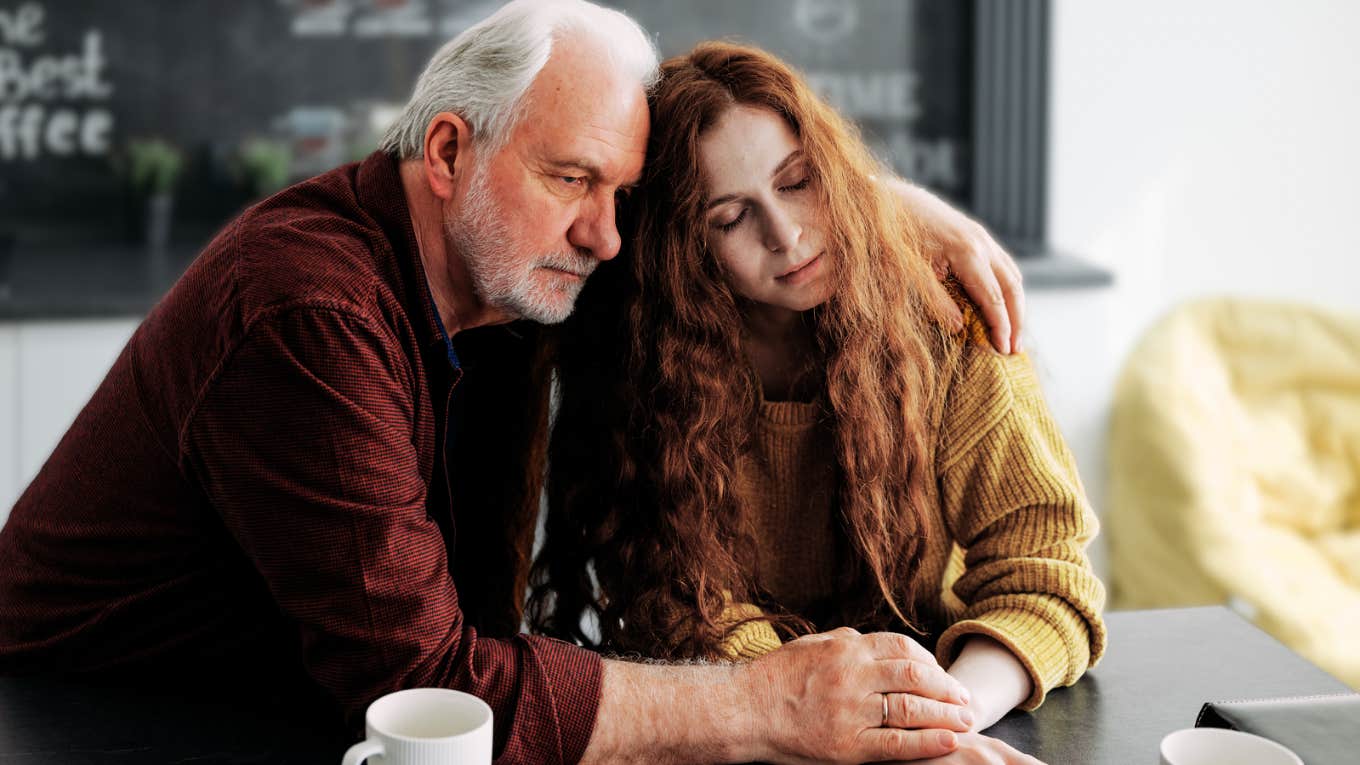How To Help Your Addicted Child (When They Learned Addiction From You)
The extra parental step to recovery.
 Pavel Danilyuk | Canva
Pavel Danilyuk | Canva There are rites of passage familiar to every role in life. I would venture that if you are a parent, you vividly remember the first time your pre-K child blurted out some little gem from The Sailor’s Handbook of Expletive English.
Chances are your little child was delighted with herself. Successfully mimicking a new word, let alone using it in a sentence is no small feat for one so young.
You, on the other hand, were likely a hot mess of being stunned, amused, embarrassed, and ashamed.
After picking your jaw up off the floor, you now had that come-to-Jesus moment of having to respond. Appropriately. Responsibly. Immediately.
But what do you say to a child who not only means no harm but learned his new favorite expression ... from you?
“That’s not a nice word.”
“Why not?”
“We just don't use that word.”
“But you and Mommy use it all the time.”
“Well, it’s a grown-up word.”
“When will I be grown-up?”
"Too soon, Baby, too soon."
How to help your addicted child when you've dealt with addiction, too
Fast forward to the unthinkable, un-laughable scenario of a child mimicking the actions of an addicted parent, and you have a glimpse of my worst nightmare come true.
I have 37 years of active addiction to account for. I also have a child with 14 years of addiction and still counting.
Don't think for a minute I don't feel the weight of having modeled a death trap for her, or that I don't wish we were talking about a few colorful words.
While the phenomenon of second-generational drug use is little understood, we do know that 19.7 million American adults (aged 12 and older) battled a substance use disorder in 2017. substance abuse or alcoholism, and one in five children live with at least one addicted parent.
And children of alcoholics specifically are four times more likely to become alcoholics themselves.
This cyclic trend perpetuates the many factors that motivate addiction in the first place — low self-esteem, lack of confidence, fear of taking action, and feeling irrelevant and invisible — and can cultivate a retreat into silence and aloneness.
We probably shouldn't be surprised that children of addicts, so naturally and statistically follow their parents’ lead, especially as the lives of those children become centered on the parents’ substance abuse and not on simply being children.
But how do we shove a stick in the spoke of that wheel and keep it from rolling forward into a third generation...and a fourth…?
If you and your child are both addicts, I assure you your child is going to point straight at you and blame you for their addiction.
And you're going to have to respond in action.
Throughout my daughter’s addiction, I've had to remind myself that my recovery is my first obligation — even when that has meant withdrawing my support during her relapses.
As emotionally conflicting as that is, I can't possibly help her, let alone heal the past, if I am running along with her.
I’ve had support for my addiction through numerous programs like N.A., but as the parent of an addict, I suddenly needed an entirely different kind of support (Nar-Anon). I have learned that the best and most honest way to direct my child toward recovery is to live on my own.
Addiction is a way for frightened souls to hold on to what they are terrified of letting go.
Recovery, however, is all about letting go — of guilt, shame, and the desperate need to control what isn't ours to control.
By making amends and standing confidently and gratefully in the integrity of my recovery, I can step out of her shadow and into the light ... and help lead her to it.
She is, after all, a child of the Universe. Despite my influence that modeled her eventual choices, her journey belongs to her.
Just as I remember the time my daughter boasted her first swear words, I will never forget the day she told me I had taught her how to be an addict.
My response today can only be, “Good, you were paying attention. Now, let me teach you to recover.”
I am safeguarding her hope by safeguarding my health.
Addiction and recovery have given me a gift I may not have had otherwise: the ability to practice non-judgment.
Greg Boudle is a recovery life coach and professional speaker. He is the author of seven books, including Life Beyond Clean, a 90-day journal to help people turn life around during recovery.

